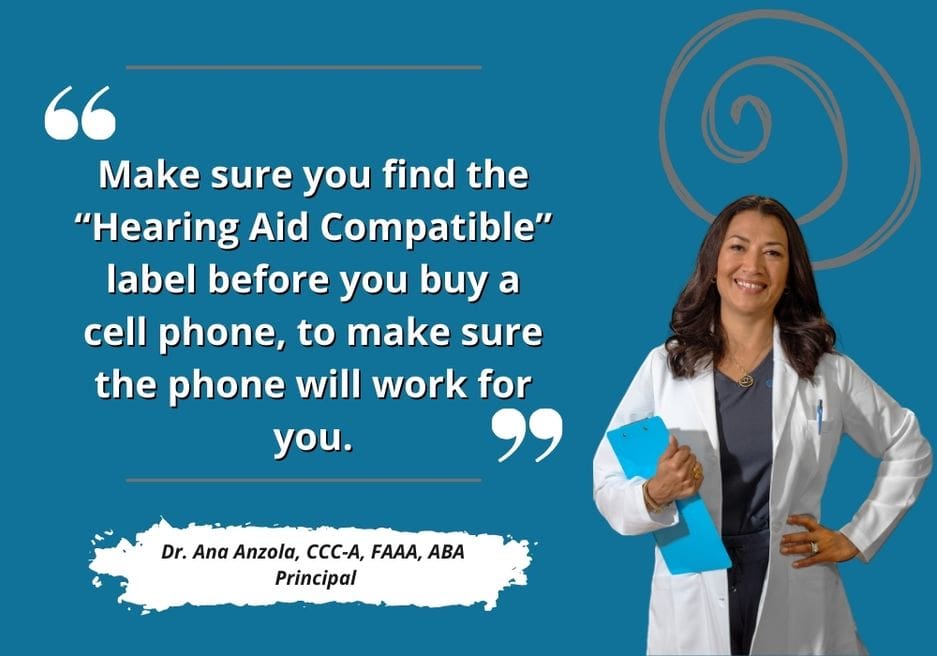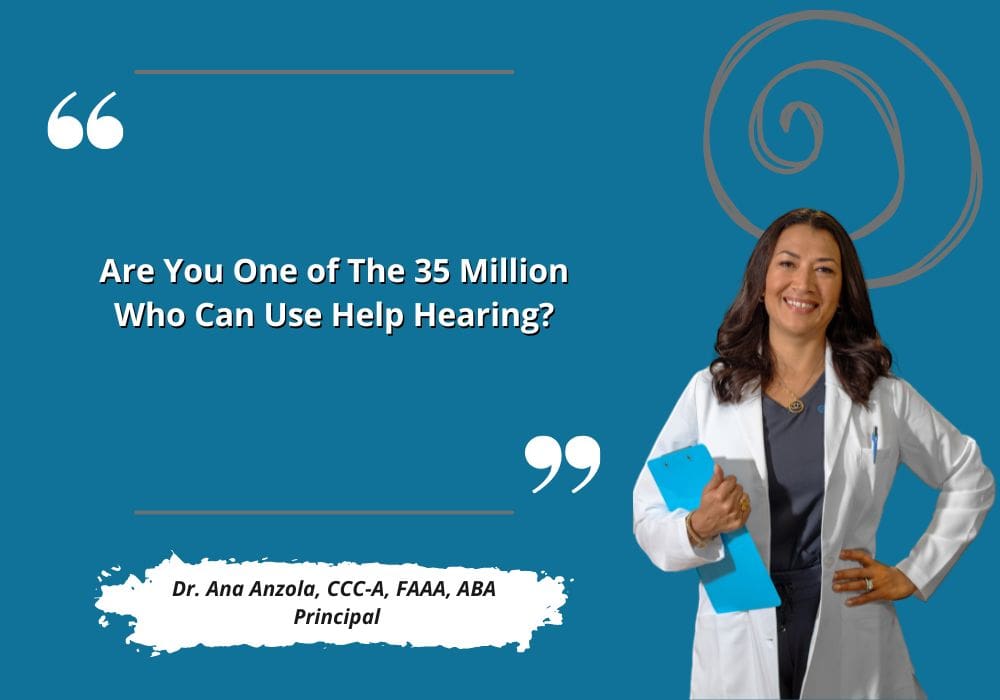According to the Hearing Loss Association of America, 30 out of 1000 children have some degree of hearing loss. When children are born deaf, it is usually caught early in their life. They learn sign language, and have a community to support them. But children who lose their hearing later in childhood, either from noise-induced hearing loss (NIHL) or for other reasons, may lose social, speech and language skills before their hearing loss is caught and treated.
Symptoms Of Hearing Loss In Children
Children who are having trouble hearing tend to display the following symptoms:
- Delayed or Unclear Speech – It is possible that a child hasn’t heard language well enough to speak it, and that’s why you can’t understand what the child is saying.
- Doesn’t Follow Directions – Not listening to adults is a normal part of childhood. But some children just don’t hear you when you ask them to clean up or to eat their peas.
- Often responds with “huh?” or “what?” or gives incorrect responses to questions or requests.
- Easily frustrated
- Listening to their music player at too high a volume, all the time.
Causes of Hearing Loss In Children
The causes of hearing loss in children are varied. They include medications, childhood diseases, concussions or genetic influences. And of course, the number one cause of hearing loss in children is loud noise. Personal music players like iPods which play music directly into the child’s ear can damage a child’s hearing if the volume is always too loud. Cap guns, concerts, sporting events, lawn mowers and other machinery can all be contributing factors to noise-induced hearing loss in children.
Early Detection is Key
Early detection of hearing loss is critical to getting the child the help they need, and early detection will help to minimize any speech, language or learning delays that could result from hearing loss. If you suspect that your child has a hearing loss, take them to a reputable pediatric audiologist immediately for a hearing test.
Talking To The Parents
If you have children in your care as a grandparent, babysitter, coach, camp counselor, etc and you suspect a child has hearing loss, it is imperative to immediately inform the parents. Here are some tips for talking to the parents:
- Speak to the parents or guardian privately. Make sure there are no other children present, and if possible, have the conversation away from the child himself. You want to be able to share your concerns without worrying the child, or giving other children fodder for teasing and bullying.
- Be respectful and non-judgmental when speaking to the parent or guardian. It is possible that they hadn’t noticed the impairment themselves, and this is the first time they are hearing anything about it. It could be a shock to them, and it is important that they feel supported.
It can be difficult for children and their families when a child has hearing loss. But as a supervisor of the child, and someone with whom they spend a lot of time, you can make a positive difference in their life by paying attention to what is happening with the child, and noticing when something is off. If you have any questions about noticing or dealing with hearing loss in children, contact an experienced pediatric audiologist for guidance and support.




